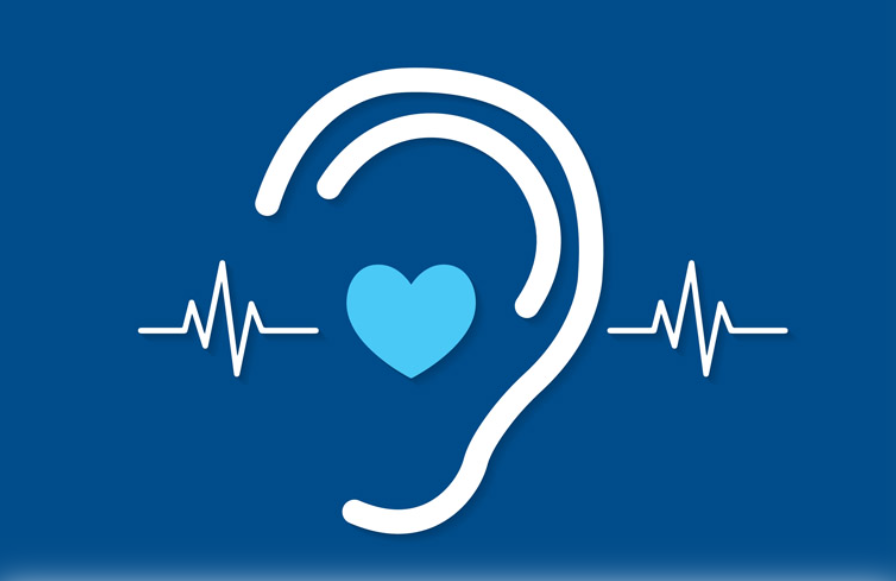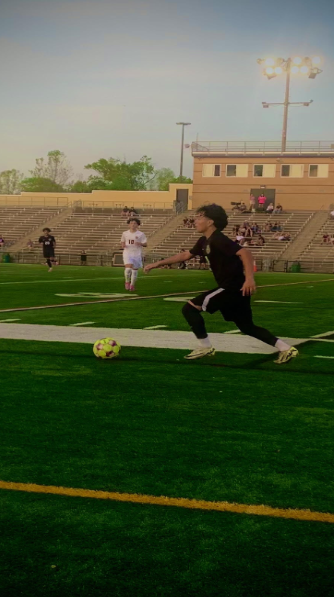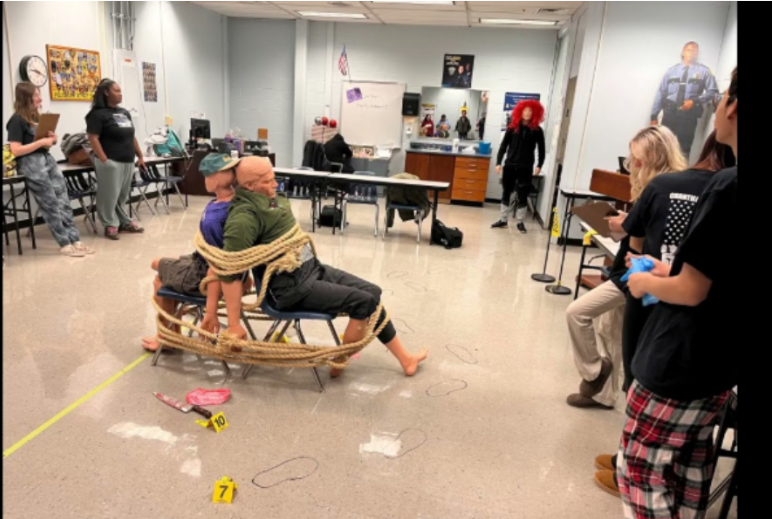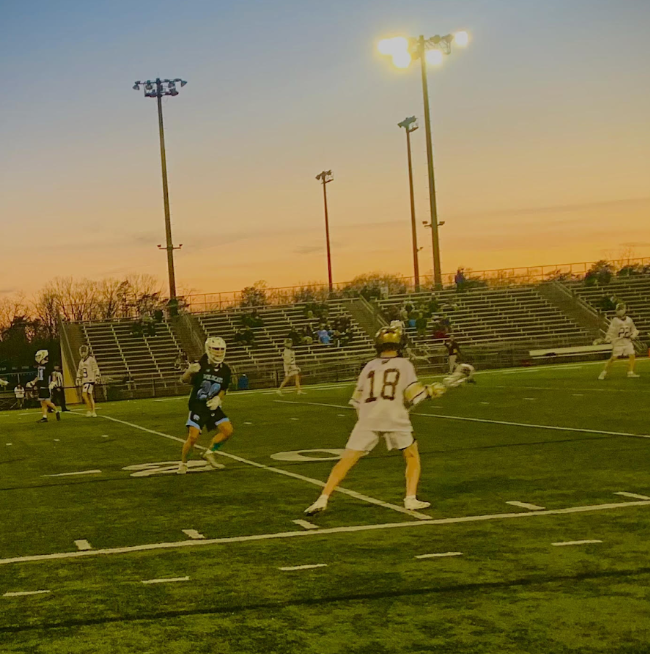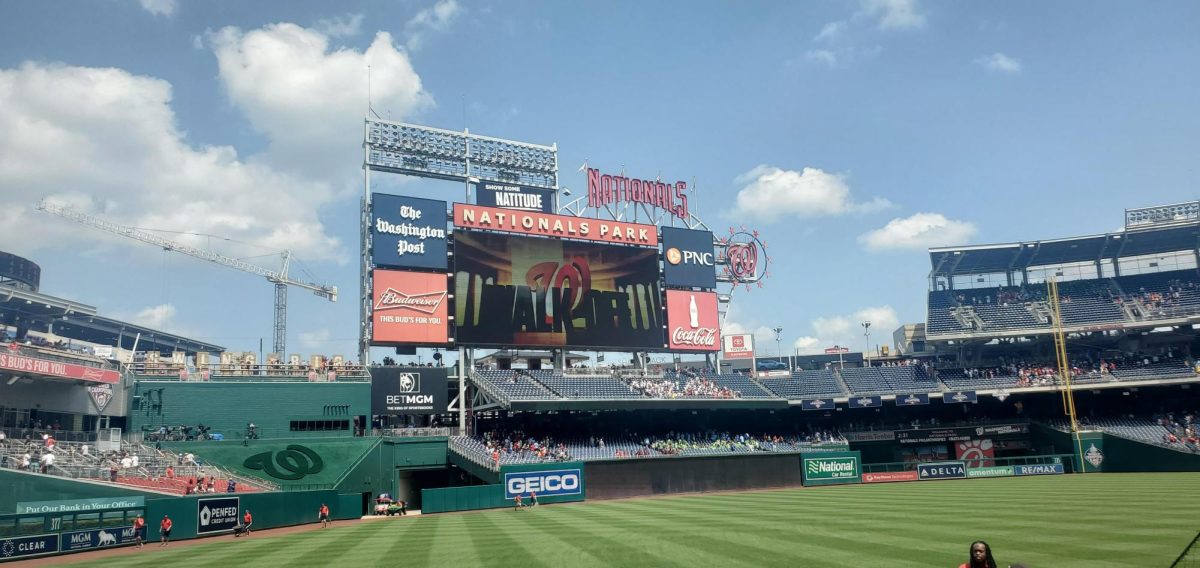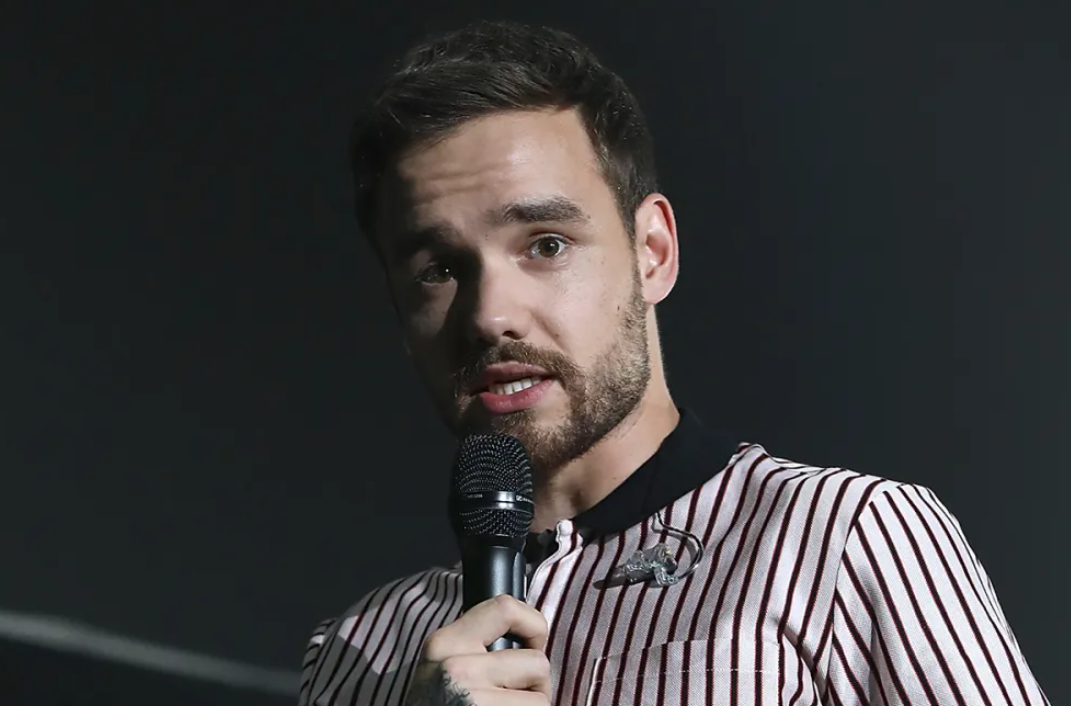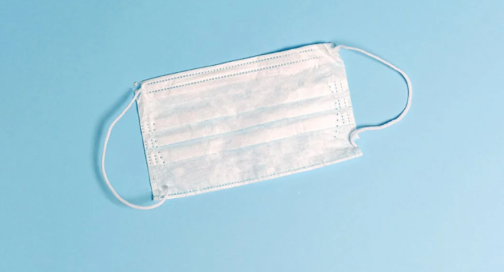Imagine sitting at a cafeteria table with your usual friend group, laughing and having a good time. Everything is as it usually is, except for one thing: It’s impossible to keep up with anything anyone is saying in all the commotion.
“Cah I haa row cash up it you naw usin ih?” Your friend asks, looking at you expectantly.
“Um, I’m sorry– what was that?” you ask, thoroughly confused.
She repeats her sentence again, but her words remain incoherent. After a couple tries, she begins to get frustrated.
“I said, can I have your ketchup if you aren’t using it? Geez.” she sighs, exasperatedly. “It’s fine though, I don’t even want it anymore.”
Your cheeks start to burn red, and you look at your sneakers, wishing you could disappear in that moment. Embarrassing, right?
Well, this is only a small piece of my everyday reality, as well as the reality of so many more staff and students who are members of the Deaf and Hard-of-Hearing community.
Westfield High School is one of the most diverse high schools in Fairfax County, boasting a student population of nearly 3000. There are people of all races, sexual orientations, gender identities, and abilites attending. FCPS does a wonderful job of making sure everyone’s differences are respected and accommodated. However, there is always more that can be done, especially when it comes to making a place more accessible to all. What better way to do that for a specific group than to ask questions?
This is why I interviewed other people who are Deaf or Hard-of-Hearing, to learn what they think would make things easier for all of us.
“I realize that we’re a minority, and we’re often forgotten about because we make up such a small percentage, but we should have full access to announcements, bells, everything. We shouldn’t have to rely on other people.” reflected Jennifer Winegeart, American Sign Language Teacher “We have no idea what’s happening when it comes to things like lockdown drills– and we’re relying on other people to tell us.”
“It’s hard because you’re marginalized, it’s hard to feel like that— I’ve lived my whole life like that.” Ms. Winegeart continued. “Having to constantly remind people ‘hey, I need help’, ‘hey I need help’, ‘hey, I need help.’ It gets exhausting. Like, I can’t even hear the bell half of the time. I wish the bells had a flashing light, so that I wouldn’t have to depend on my students. I wish that would change. They always say ‘FCPS cares’ ‘FCPS cares’ but what are they doing to show that?”
Helena Johnson, a Senior, shared similar views.
“A lot of videos in class that we have to watch don’t have subtitles, which makes them really difficult to watch. I think they should have subtitles, it just makes it easier.” remarked Johnson, 12.
“I also think they should stop just doing announcements on the speakers– I don’t know why they removed the TVs, they could have kept them. They could easily use them to show through subtitles what the announcements are saying. It’s really hard for us to hear and we miss out on a lot of stuff sometimes.” Added Johnson, after a brief pause. “I just have no idea why they got rid of the TVs.”
85% of Deaf and Hard-of-Hearing students are mainstreamed, meaning the majority of us attend public schools just the same as our hearing peers do. Why is it then that we are constantly overlooked? According to BID Services, 56% of individuals with hearing disabilities have reported discrimination in their school or work-place. No matter how much large establishments or school districts preach about diversity, or use Deaf and Hard-of-Hearing awareness month as just another means of performative activism only to conveniently forget about us afterwards, we will not rest until there is equal access for all. I find great irony in the fact that the group that so commonly uses the phrase “his/her words fell on deaf ears” throughout literature is the same group that refuses to listen to the opinions of those different from them. To be able to hear is one thing, but to be able to truly listen and even try to understand is another.
CAN ANYONE HEAR ME?
0
More to Discover
About the Contributor
Alina Rashid, Editor
Avid writer, artist, and punk-rock enthusiast. My name’s Alina Rashid, and I’m very excited to be one of your editors this year.

